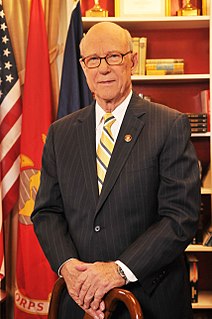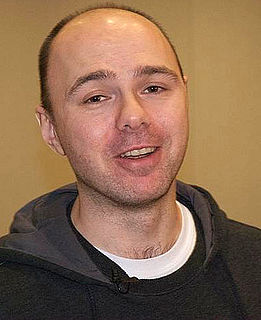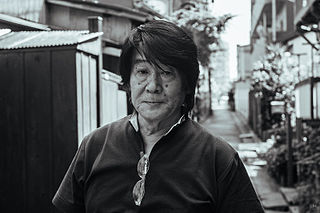A Quote by Nick Woodman
The smartphone killed the traditional camera industry because it subsumed all the functions of a traditional camera.
Quote Topics
Related Quotes
Although all studios are now moving towards digitalization, a foundation in which we draw pictures by hand hasn't changed, so I foresee that we will continue to keep it in the future. After all, we used the digital method based on a conception of expanding and advancing the expression of the traditional animation cel in Steamboy. The first goal of this project was to overcome limitations of camera angles caused by platforms. On that aspect, I won't go back to the traditional method. I hoped to combine the merits of the traditional method of cel animation with the merits of the new CGI method.
The camera has a mind of its own--its own point of view. Then the human bearer of time stumbles into the camera's gaze--the camera's domain of pristine space hitherto untraversed is now contaminated by human temporality. Intrusion occurs, but the camera remains transfixed by its object. It doesn't care. The camera has no human fears.
I have received the digital camera as a blessing. It has really changed my life as a filmmaker, because I don't use my camera anymore as a camera. I don't feel it as a camera. I feel it as a friend, as something that doesn't make an impression on people, that doesn't make them feel uncomfortable, and that is completely forgotten in my way of approaching life and people and film.
I obviously read and adore traditional fiction. I teach traditional fiction, I also teach all kind of not-so-traditional fiction. And since I'm such a plot buff, and I'm really such a narrative buff, I can't seem to relinquish my - not just reliance - but excitement about those traditional techniques.
The difference between an amateur and a professional photographer is that the amateur thinks the camera does the work. And they treat the camera with a certain amount of reverence. It is all about the kind of lens you choose, the kind of film stock you use… exactly the sort of perfection of the camera. Whereas, the professional the real professional – treats the camera with unutterable disdain. They pick up the camera and sling it aside. Because they know it’s the eye and the brain that count, not the mechanism that gets between them and the subject that counts.



































